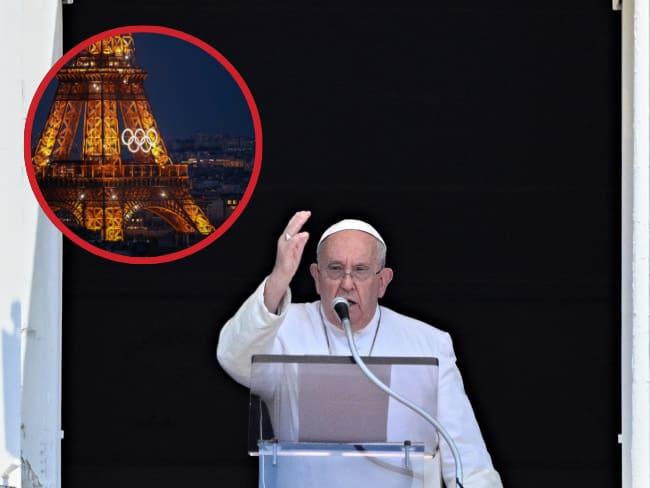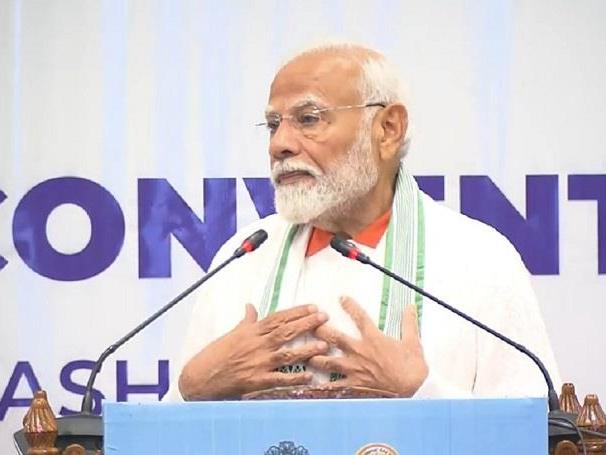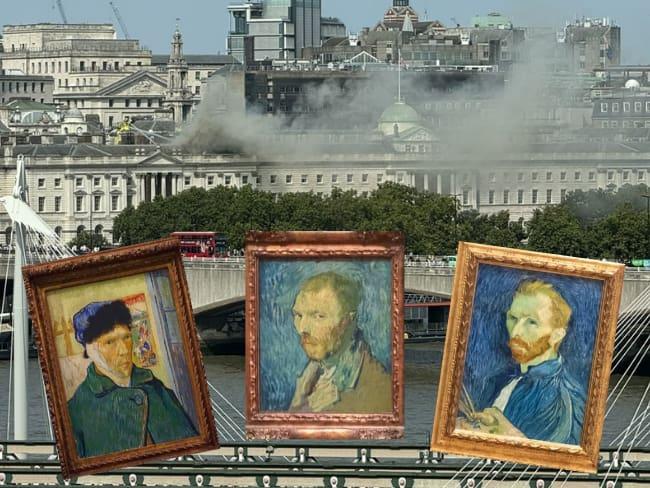The Vatican has officially weighed in on the controversy surrounding the Paris 2024 Olympics opening ceremony, expressing ‘sadness’ and ‘disappointment’ over scenes that many interpreted as offensive to Christians and believers of other religions. The controversy centers around a segment titled ‘Festivity,’ which appeared to some as a parody of Leonardo da Vinci’s ‘The Last Supper,’ featuring drag queens, a trans model, and singer Philippe Katerine in a near-naked portrayal of Dionysus, the Greek god of wine and festivities.In a statement, the Vatican emphasized, ‘In a prestigious event where the entire world comes together to share common values, there should be no allusions that ridicule the religious convictions of many people’. The Holy See added, ‘Freedom of expression, which is undoubtedly not questioned, is only limited by respect for others’.The organizers and the artistic director, Thomas Jolly, continue to defend the performance, insisting it was inspired by pagan festivals and meant to celebrate diversity and French cuisine. Jolly stated his intention was ‘to send a message of love, a message of inclusion’.However, the Vatican’s intervention has amplified a debate that has already drawn sharp criticism from conservative Christian groups and political figures worldwide. Turkish President Recep Tayyip Erdogan invited Pope Francis to express a joint stance against the performance, while Iranian Supreme Leader Ayatollah Ali Khamenei and former US President Donald Trump have also voiced their disapproval.The controversy has overshadowed the intended message of unity and inclusion, raising questions about the balance between artistic expression and cultural sensitivity in international events. As the Olympics continue, the organizers face the challenge of addressing these concerns while maintaining the spirit of the games.
Key points
- The Vatican has officially expressed disappointment with scenes from the Paris Olympics opening ceremony, citing offense to religious beliefs.
- The controversial segment, ‘Festivity,’ was interpreted by many as a parody of ‘The Last Supper,’ featuring drag queens and pagan elements.
- The incident has sparked a global debate on the balance between artistic expression and religious sensitivity in international events.
Contradictions👾While the organizers and artistic director Thomas Jolly claim the performance was inspired by pagan festivals and meant to celebrate diversity, many religious leaders and conservative politicians interpret it as a mockery of Christian imagery.



